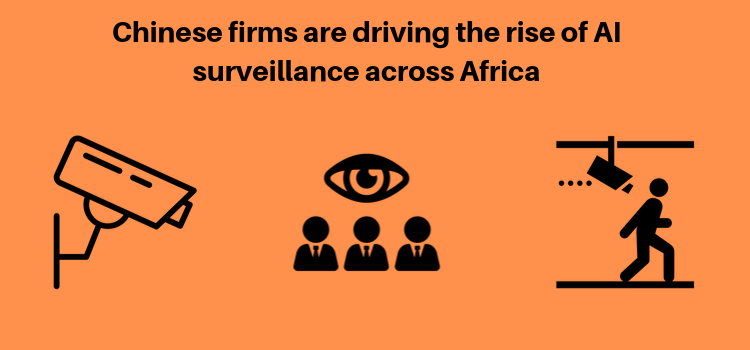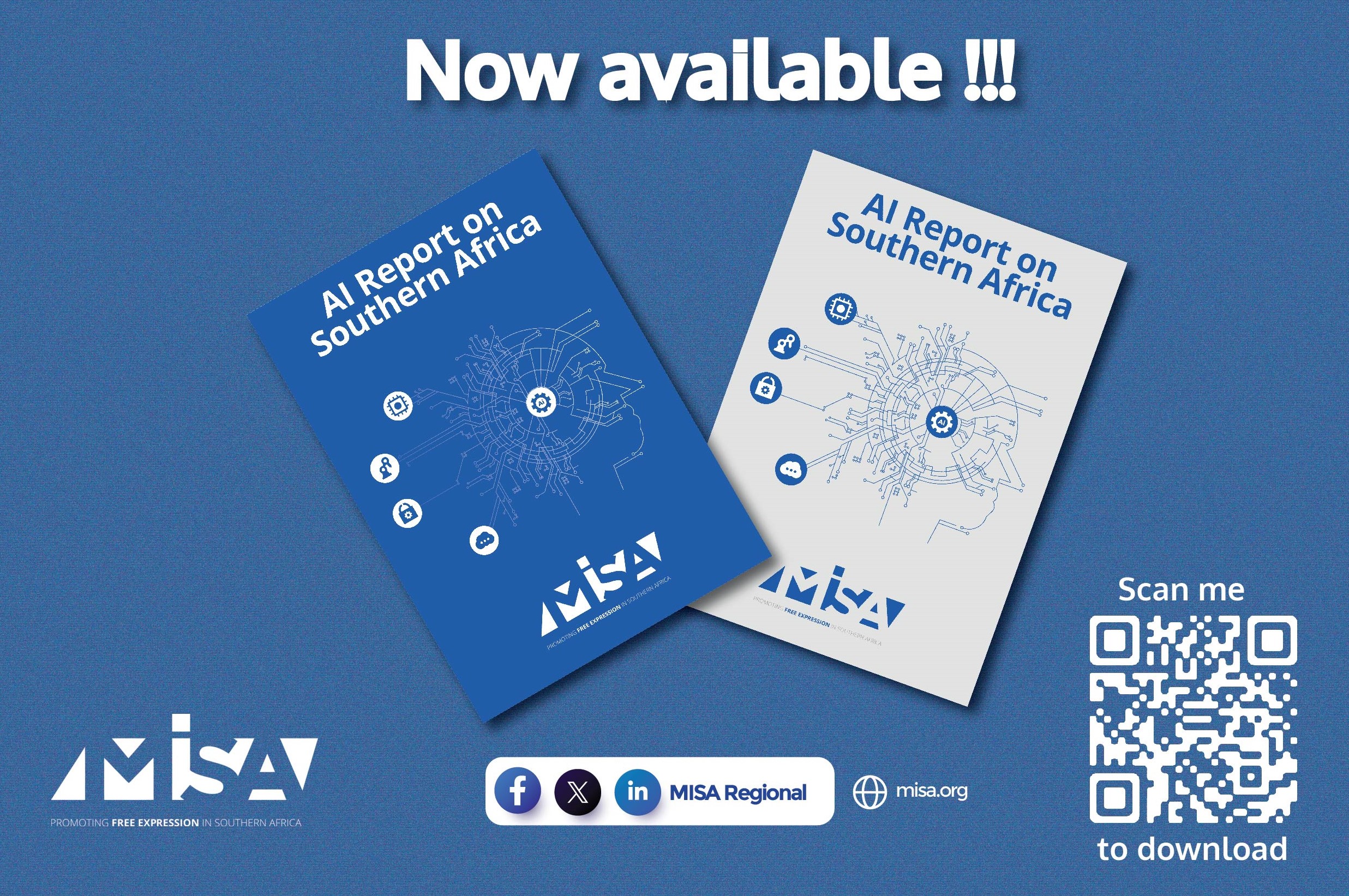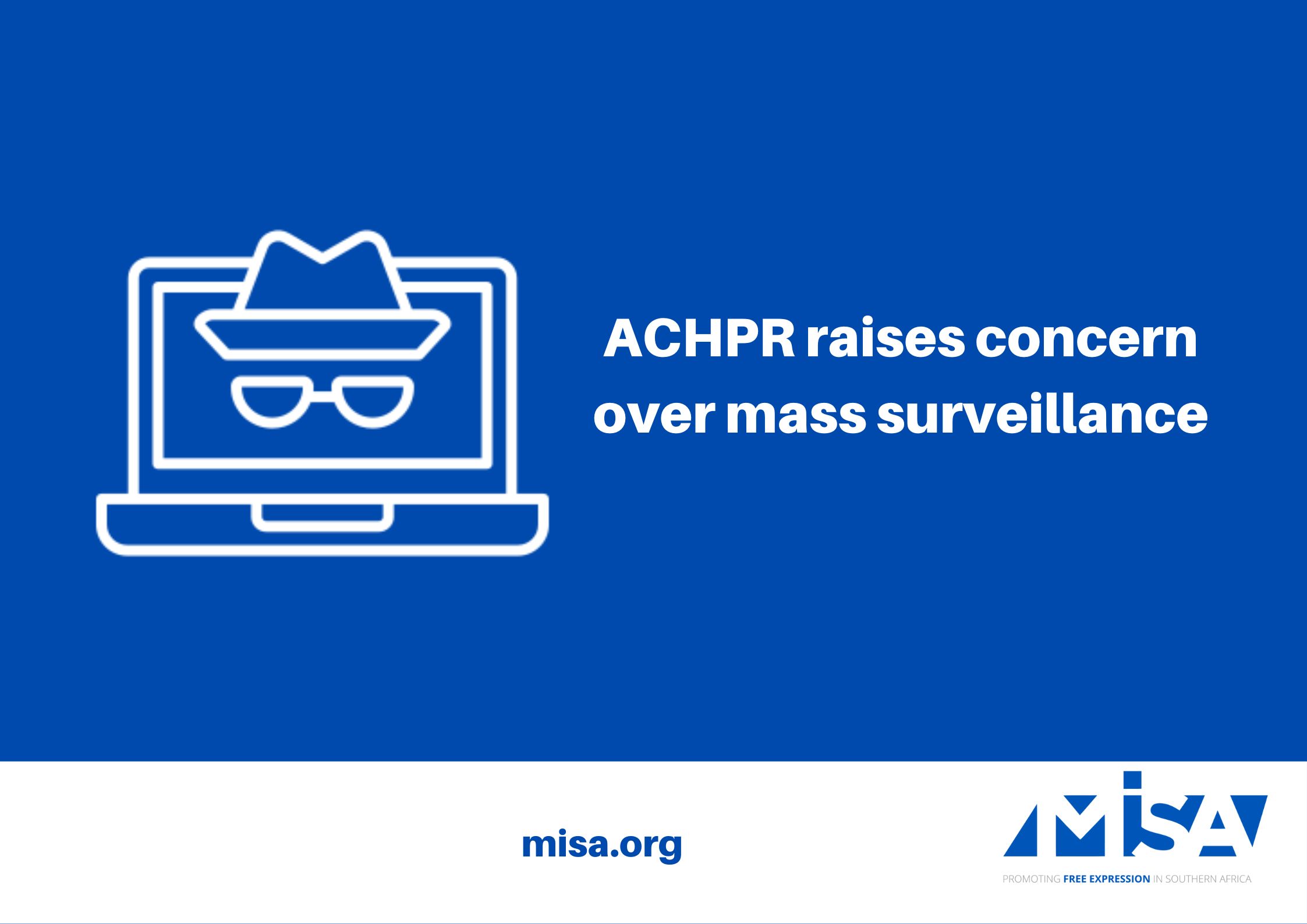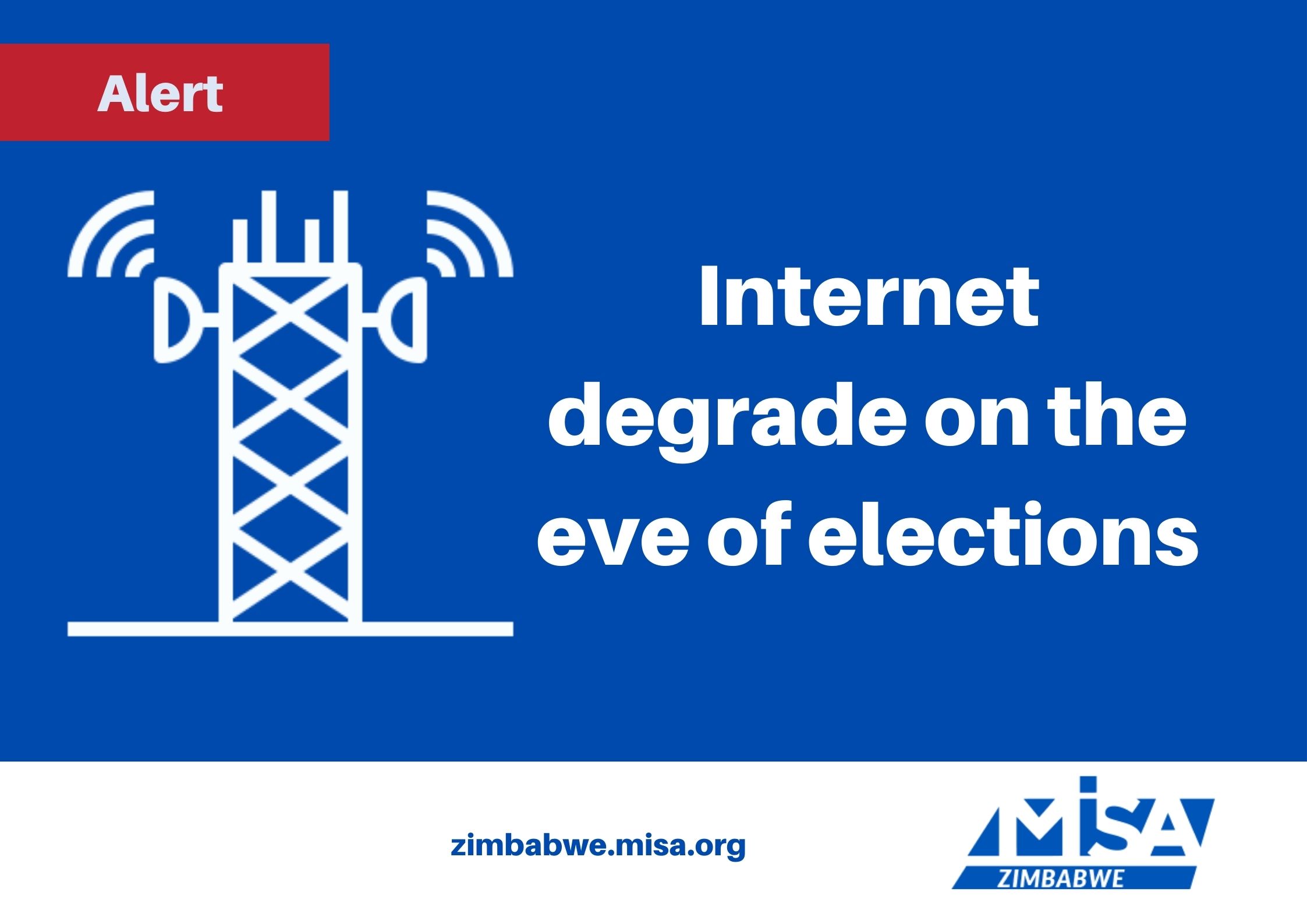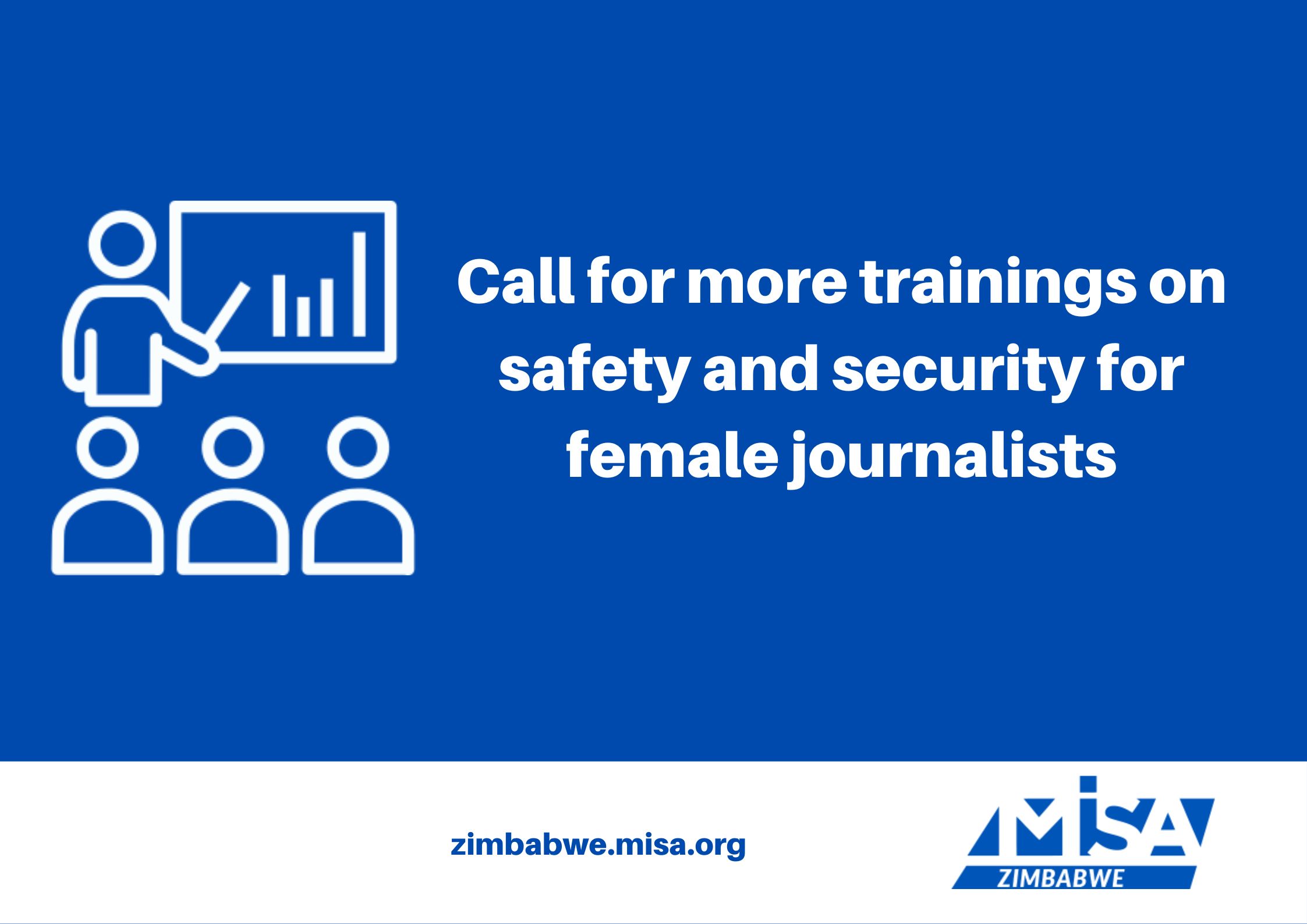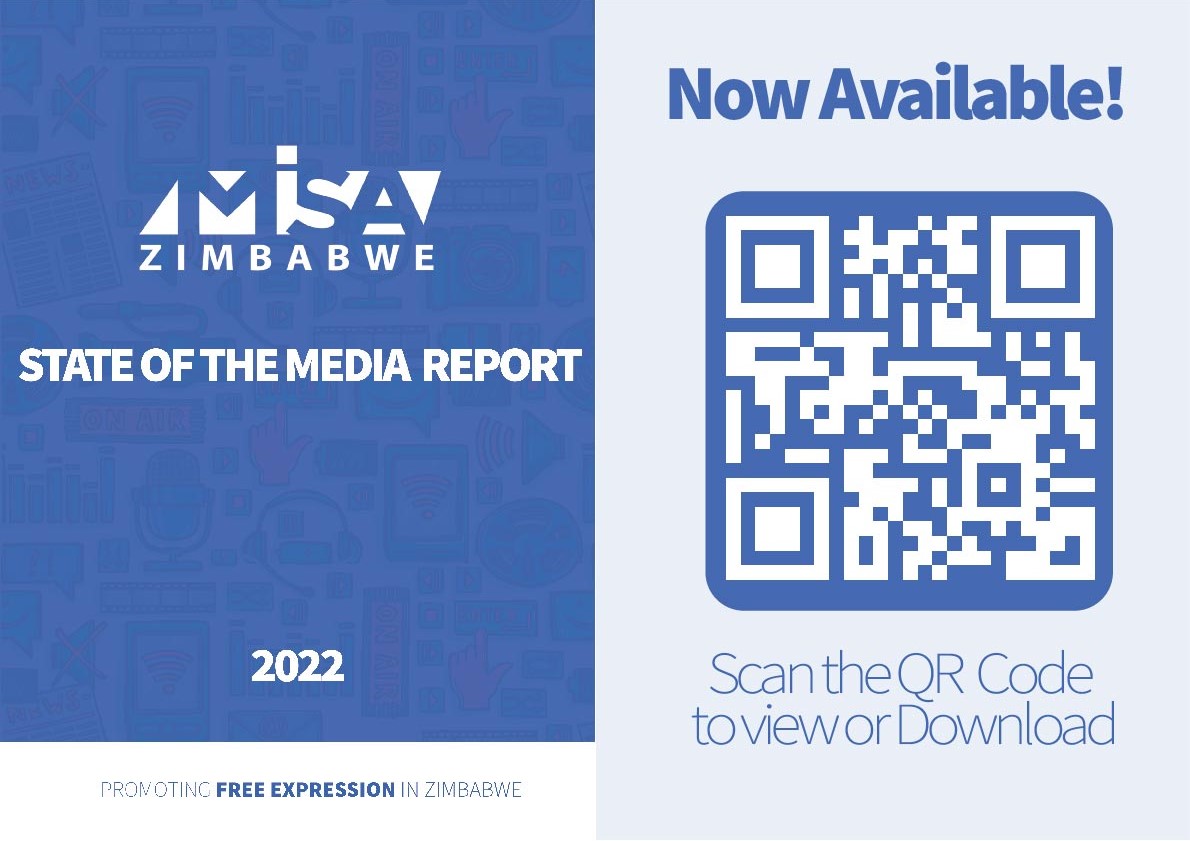By Abdi Latif Dahir, September 18, 2019
Artificial intelligence technology is proliferating fast across the world and is being deployed in applications from speech recognition to deepfake videos and monitoring traffic congestion. It’s also increasingly being used to monitor and track citizens, according to a new report.
At least 75 out of 176 nations surveyed globally are actively using AI technologies for surveillance purposes, according to the Carnegie Endowment for International Peace. These include facial recognition systems, smart policing tools, and the establishment of safe city platforms. The leading vendors of these systems globally are Chinese firms, led by Huawei, which has supplied these technologies to at least 50 states worldwide.
The study’s author, Steven Feldstein, wrote these tools were being used to “accomplish a range of policy objectives—some lawful, others that violate human rights, and many of which fall into a murky middle ground.”
African countries are still struggling to adopt AI technologies, with the report noting that less than one-quarter of countries investing in these systems. That’s partly explained by the fact the continent is still struggling with internet connectivity.
Yet Chinese companies are quickly penetrating African markets, offering soft loans for governments to purchase their equipment and promising to set up and manage these systems. In Kenya, for instance, Huawei has helped install video systems that deployed 1,800 HD cameras and 200 HD traffic surveillance systems across Nairobi. In Zimbabwe, the Guangzhou-based developer CloudWalk announced a controversial deal in 2018 to oversee a large-scale facial recognition program in collaboration with authorities.
Most of these arrangements have come under scrutiny especially in light of how China harnesses technology for social control—particularly among ethnic Uyghur Muslims in its restive northwestern Xinjiang region.

Data: AI Global Surveillance Index
By following China’s lead, there’s also unease that information and communications technologies could be used to intimidate and coerce critics of the state. Last year, the US-based think tank Freedom House claimed Beijing was training African states on some of its own restrictive online measures.
As its operations proliferate, Huawei’s involvement in Africa has come under scrutiny in recent years. In 2018, the company denied allegations the tech infrastructure it installed at the African Union was used by China to spy on the continental body. A recent investigation by the Wall Street Journal also showed Huawei technicians allegedly helped cybersecurity forces in Uganda and Zambia intercept the communications and track down opponents. Uganda’s cash-strapped police also bought closed-circuit television cameras for $126 million from Huawei—a move opposition figures worry could be used to identify and target demonstrators and opposition figures ahead of the 2021 polls.
Despite these allegations, African states have remained loyal to both China and Huawei, collaborating on rolling out 5G networks and boosting sectors like cloud computing and artificial intelligence.
China, however, is not the only country using or supplying advanced surveillance tech worldwide. Democracies such as the United States and France have deployed them for surveillance too, while companies in Japan and Germany are helping spread them worldwide.

Data: AI Global Surveillance Index
This article was initially published on Quartz Africa on 18 September 2019. It is available to view at this link: https://qz.com/africa/1711109/chinas-huawei-is-driving-ai-surveillance-tools-in-africa/




